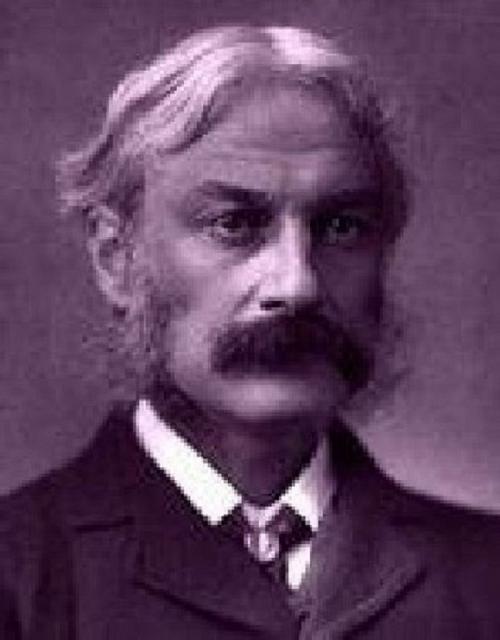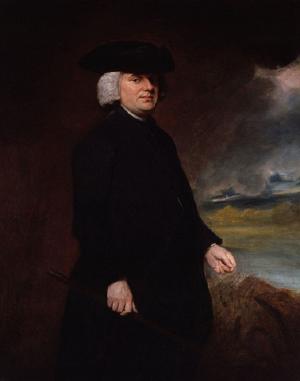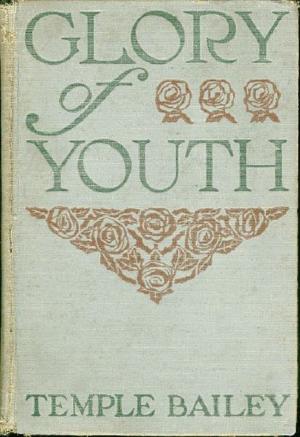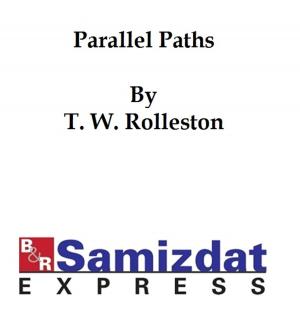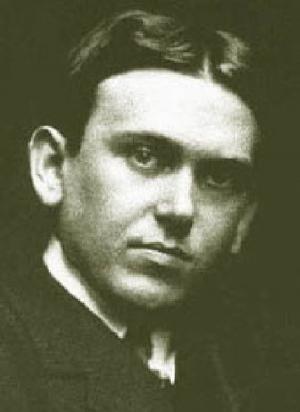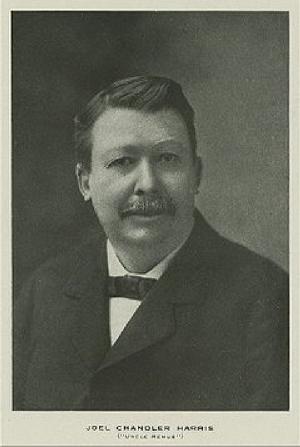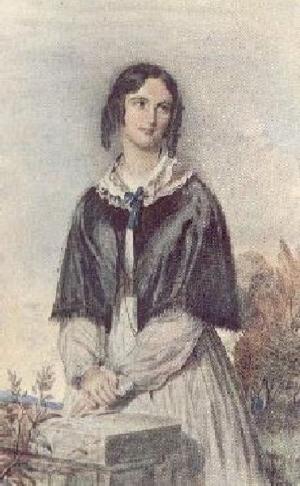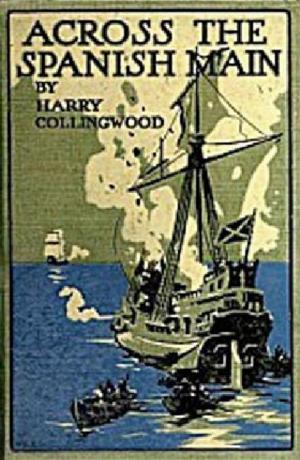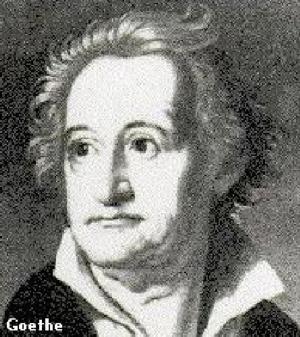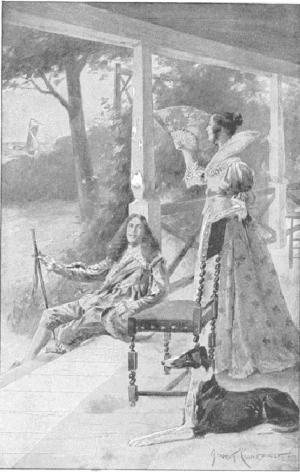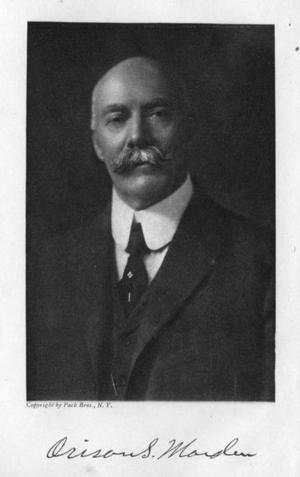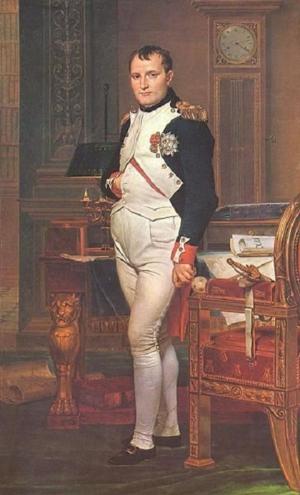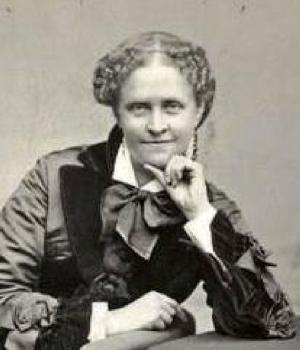| Author: | Andrew Lang | ISBN: | 9781455303649 |
| Publisher: | B&R Samizdat Express | Publication: | December 15, 2009 |
| Imprint: | Language: | English |
| Author: | Andrew Lang |
| ISBN: | 9781455303649 |
| Publisher: | B&R Samizdat Express |
| Publication: | December 15, 2009 |
| Imprint: | |
| Language: | English |
According to the Preface: "The author would scarcely have penned this little specimen of what Scott called "antiquarian old womanries," but for the interest which he takes in the universally diffused archaic patterns on rocks and stones, which offer a singular proof of the identity of the working of the human mind. Anthropology and folklore are the natural companions and aids of prehistoric and proto-historic archaeology, and suggest remarks which may not be valueless, whatever view we may take of the disputed objects fromthe Clyde sites." According to Wikipedia: "Andrew Lang (March 31, 1844, Selkirk - July 20, 1912, Banchory, Kincardineshire) was a prolific Scots man of letters. He was a poet, novelist, and literary critic, and contributor to anthropology. He now is best known as the collector of folk and fairy tales."
According to the Preface: "The author would scarcely have penned this little specimen of what Scott called "antiquarian old womanries," but for the interest which he takes in the universally diffused archaic patterns on rocks and stones, which offer a singular proof of the identity of the working of the human mind. Anthropology and folklore are the natural companions and aids of prehistoric and proto-historic archaeology, and suggest remarks which may not be valueless, whatever view we may take of the disputed objects fromthe Clyde sites." According to Wikipedia: "Andrew Lang (March 31, 1844, Selkirk - July 20, 1912, Banchory, Kincardineshire) was a prolific Scots man of letters. He was a poet, novelist, and literary critic, and contributor to anthropology. He now is best known as the collector of folk and fairy tales."
